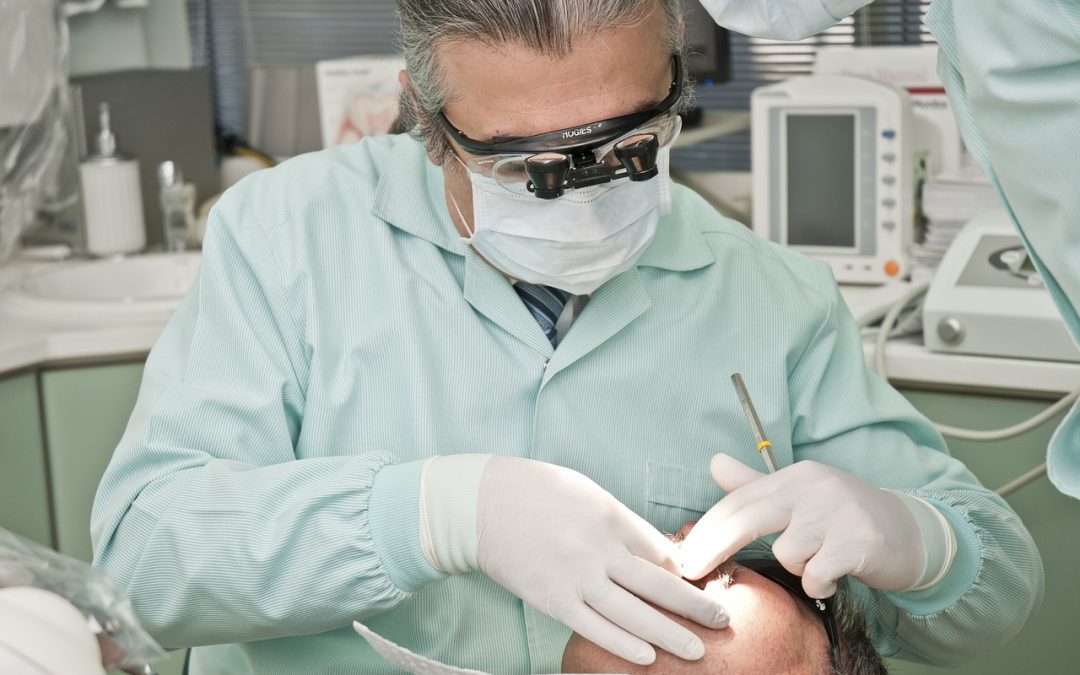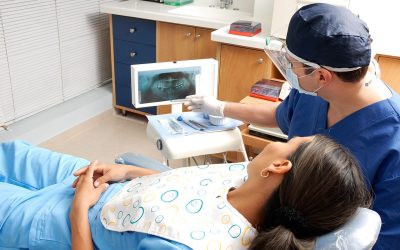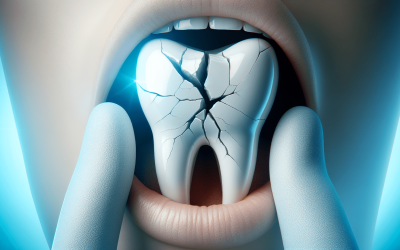So you find yourself in need of emergency dental care in South Tucson, AZ. Look no further, because Emergency Dental South Tucson AZ is here to help. Whether it’s a sudden toothache, a knocked-out tooth, or any other dental emergency, our experienced team is ready to provide you with prompt and effective care. Conveniently located in South Tucson, we understand the urgency of your situation and are committed to getting you the treatment you need as quickly as possible. Don’t let dental emergencies ruin your day – trust Emergency Dental South Tucson AZ to restore your smile and alleviate your pain.
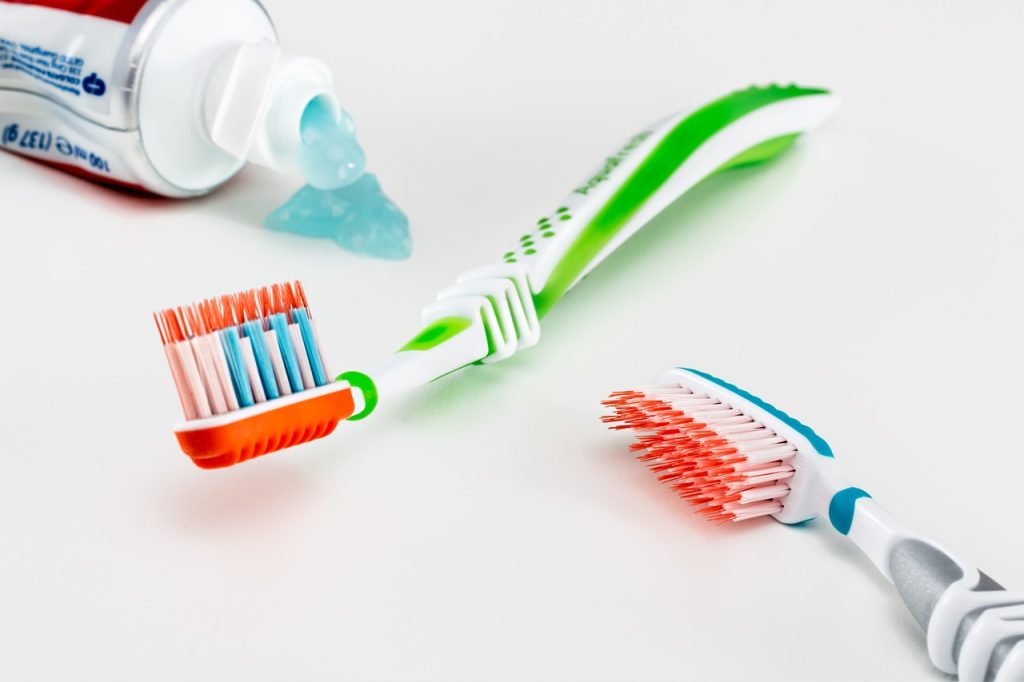
Visit Emergency Dentist of Tucson
What is emergency dental care?
Definition of emergency dental care
Emergency dental care refers to the immediate treatment and management of sudden dental problems that require urgent attention. These problems often cause severe pain, discomfort, or potential damage to the teeth, gums, or other oral structures. Emergency dental care typically addresses issues such as toothaches, chipped or broken teeth, knocked-out teeth, abscesses, lost fillings or crowns, broken braces or wires, and dental trauma.
Types of dental emergencies
There are various types of dental emergencies that may require immediate attention. These can include:
-
Toothaches: Severe toothaches can be caused by tooth decay, dental abscesses, gum infections, or other underlying dental conditions.
-
Chipped or broken teeth: Accidents or injuries can lead to chips or breaks in the teeth, exposing the sensitive inner layers and causing pain and sensitivity.
-
Knocked-out teeth: A knocked-out tooth, also known as an avulsed tooth, can occur due to accidents while playing sports or participating in other activities. Quick action is crucial to increase the chances of saving the tooth.
-
Abscesses: Dental abscesses are pus-filled infections that occur in the tooth or gums. They can cause severe pain, swelling, and fever.
-
Loose or lost fillings: If a dental filling becomes loose or falls out, it can expose sensitive areas of the tooth and cause discomfort or pain.
-
Broken braces or wires: Braces or orthodontic wires may break or become damaged, causing irritation, cuts, or discomfort in the mouth.
-
Lost crowns: Dental crowns can become dislodged or fall off, leaving the underlying tooth vulnerable to further damage or infection.
-
Dental trauma: Accidents or injuries that result in damage to the mouth, teeth, or jaw may require immediate dental care to assess and treat any injuries.
Why is emergency dental care important?
Preventing further damage or infection
Emergency dental care is important because it helps prevent further damage or infection to the teeth and surrounding tissues. Timely treatment can address the underlying cause of the dental emergency, preventing it from worsening and leading to more severe complications.
Alleviating pain and discomfort
One of the primary reasons for seeking emergency dental care is to alleviate pain and discomfort. Dental emergencies often cause severe pain, and prompt treatment can provide relief and improve the individual’s quality of life.
Preserving oral health and function
Emergency dental care plays a crucial role in preserving oral health and function. By addressing dental emergencies promptly, dentists can help save damaged teeth, prevent tooth loss, and restore the normal function of the mouth. This ensures that individuals can continue to eat, speak, and smile without any hindrance.
Dental Implants Specialist in Tucson AZ
Finding emergency dental care in South Tucson AZ
Local emergency dental clinics
If you are experiencing a dental emergency in South Tucson AZ, it is essential to know the local emergency dental clinics in your area. These clinics specialize in providing immediate care for dental emergencies, often offering extended hours or 24/7 availability.
Emergency hotlines or helplines
Another option to find emergency dental care in South Tucson AZ is to call emergency hotlines or helplines. These dedicated phone lines provide guidance and assistance when dealing with dental emergencies. They can help connect you with an emergency dentist or provide valuable advice until you can access professional care.
Online resources
Utilizing online resources is another way to find emergency dental care in South Tucson AZ. Many dental clinics have websites or directories that provide information about their emergency services, contact details, and availability. Additionally, online reviews and ratings can help determine the reliability and quality of emergency dental clinics in the area.
What to do in a dental emergency
Stay calm
In any dental emergency, it is crucial to stay calm and maintain composure. Panicking can make the situation more stressful and may hinder clear thinking when making decisions.
Assess the situation
Start by assessing the dental emergency situation. Determine the severity of the pain or discomfort, identify any visible damage to the teeth or gums, and assess any bleeding or swelling.
Call an emergency dentist
Contact an emergency dentist as soon as possible. Explain the nature of the dental emergency and follow their instructions for immediate care or further steps.
Manage pain or discomfort
While awaiting professional dental care, manage pain or discomfort by using over-the-counter pain relievers as directed and applying cold compresses to reduce swelling.
Preserve knocked-out teeth
If a tooth has been knocked out, handle it carefully by the crown (the visible part) and rinse it gently with water if it is dirty. Try to reinsert the tooth back into its socket, if possible. If not, place the tooth in a clean container with milk or the person’s saliva to keep it moist until you can reach the emergency dentist.
Control bleeding
If there is bleeding, apply gentle pressure to the affected area with a clean cloth or gauze to control it. Avoid excessive rinsing or spitting, as it may worsen the bleeding.
Prevent further damage
Take precautions to prevent further damage to the teeth or gums. Avoid biting down on hard objects, consuming hot or cold foods and drinks, and touching the affected area with your tongue or fingers.
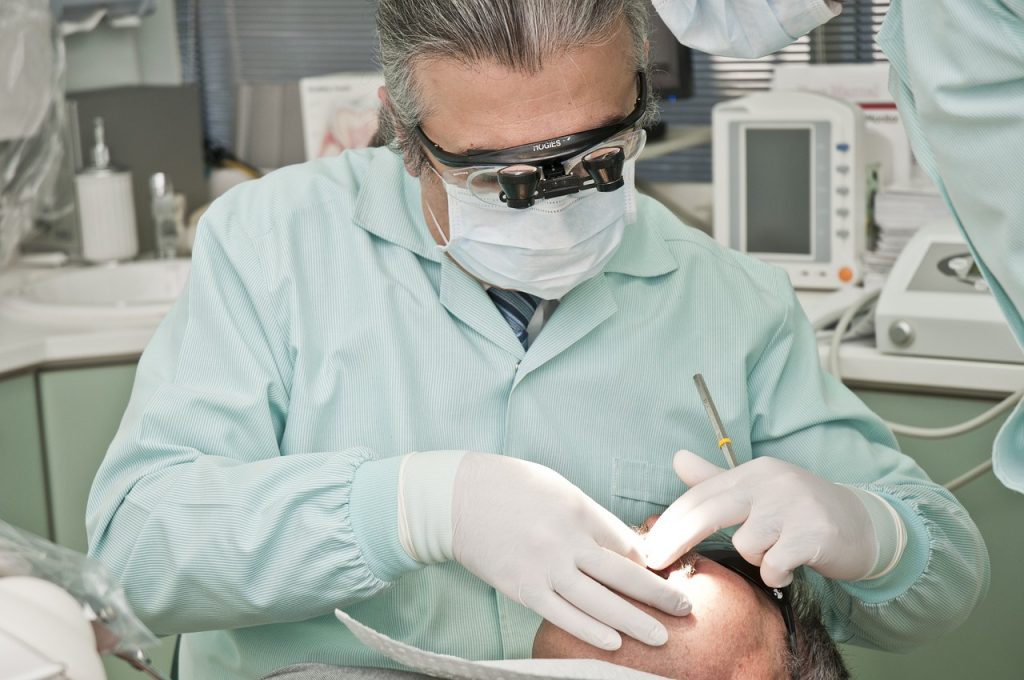
Preparing for a dental emergency
Maintain good oral hygiene
Maintaining good oral hygiene is crucial for preventing dental emergencies. Brushing your teeth twice a day, flossing regularly, and attending regular dental check-ups can help identify potential dental issues early on and prevent them from becoming emergencies.
Wear protective mouthguards
If you participate in sports or other activities that put your teeth at risk of injury, wearing protective mouthguards can significantly reduce the likelihood of dental emergencies. Mouthguards provide a cushioning effect, protecting the teeth and soft tissues from impact.
Avoid eating hard or sticky foods
To minimize the risk of dental emergencies, avoid eating hard or sticky foods that can potentially damage or dislodge your teeth. Opt for a diet that includes nutritious and softer options that are gentle on your teeth.
Know your dentist’s emergency protocol
Be familiar with your dentist’s emergency protocol. Keep their contact information easily accessible and know their recommended steps to follow in case of a dental emergency. Being prepared in advance can save precious time and ensure prompt care when needed.
Benefits of emergency dental care
Prompt treatment and diagnosis
Emergency dental care ensures prompt treatment and diagnosis of dental problems. Early intervention can prevent the worsening of oral health issues and improve the chances of successful treatment outcomes.
Reduced risk of complications
By seeking emergency dental care, the risk of complications associated with dental emergencies is significantly reduced. Timely treatment can prevent infections, further damage, and more extensive dental work in the future.
Preservation of teeth and oral structures
Emergency dental care plays a vital role in preserving teeth and the overall integrity of the oral structures. Prompt attention to dental emergencies can increase the likelihood of saving damaged teeth, preventing tooth loss, and maintaining the proper alignment and function of the mouth.
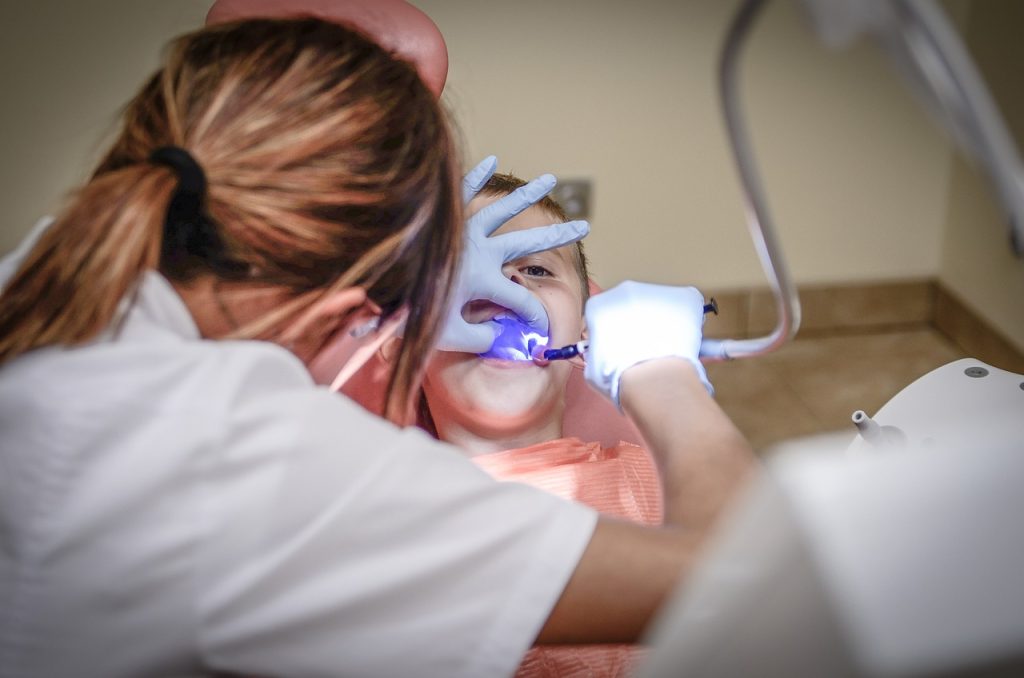
Cost of emergency dental care
Insurance coverage
The cost of emergency dental care may vary depending on various factors, including the severity of the emergency and the specific treatment required. It is important to review your dental insurance policy to understand the coverage available for emergency dental services.
Payment options
Most emergency dental clinics offer various payment options to accommodate different financial situations. These can include cash payments, credit cards, payment plans, or financing options. It is recommended to discuss payment options with the dental clinic to determine the most suitable solution for you.
Affordable alternatives
If you do not have dental insurance or are concerned about the cost of emergency dental care, there may be affordable alternatives available. Some clinics offer discounted rates for emergency cases or provide financial assistance programs. Researching and exploring these options can help make emergency dental care more accessible.
Tips for managing dental emergencies at home
Temporary remedies for pain relief
While waiting for professional dental care, there are temporary remedies that can provide pain relief. Over-the-counter pain relievers, such as ibuprofen or acetaminophen, can help alleviate toothaches or discomfort. Applying clove oil with a cotton ball to the affected area can also provide temporary relief.
Home remedies for common dental issues
Certain home remedies can be used to alleviate symptoms of dental emergencies temporarily. For example, rinsing the mouth with warm saltwater can help reduce inflammation and ease pain. However, it is important to note that home remedies should only be used as temporary measures and not as a substitute for professional dental care.
When to seek professional help
While managing dental emergencies at home may provide temporary relief, it is essential to seek professional help as soon as possible. Only a dentist can properly diagnose and treat the underlying cause of the dental emergency, ensuring proper healing and long-term oral health.
Conclusion
Importance of being prepared for dental emergencies
Dental emergencies can occur at any time and can be both painful and distressing. Being prepared and knowing how to handle a dental emergency is crucial for ensuring prompt treatment and minimizing complications.
Seeking immediate care for dental emergencies is essential
The importance of seeking immediate care for dental emergencies cannot be overstated. Delaying treatment may lead to further damage, increased pain, and more complex and costly dental procedures in the future. Prioritizing oral health and promptly addressing dental emergencies will help preserve teeth, alleviate discomfort, and maintain overall oral well-being.
By familiarizing yourself with local emergency dental clinics, understanding basic first-aid measures, and maintaining good oral hygiene, you can be better prepared to manage dental emergencies and protect your oral health. Remember, seeking professional help from an emergency dentist is always the best course of action when faced with a dental emergency.

